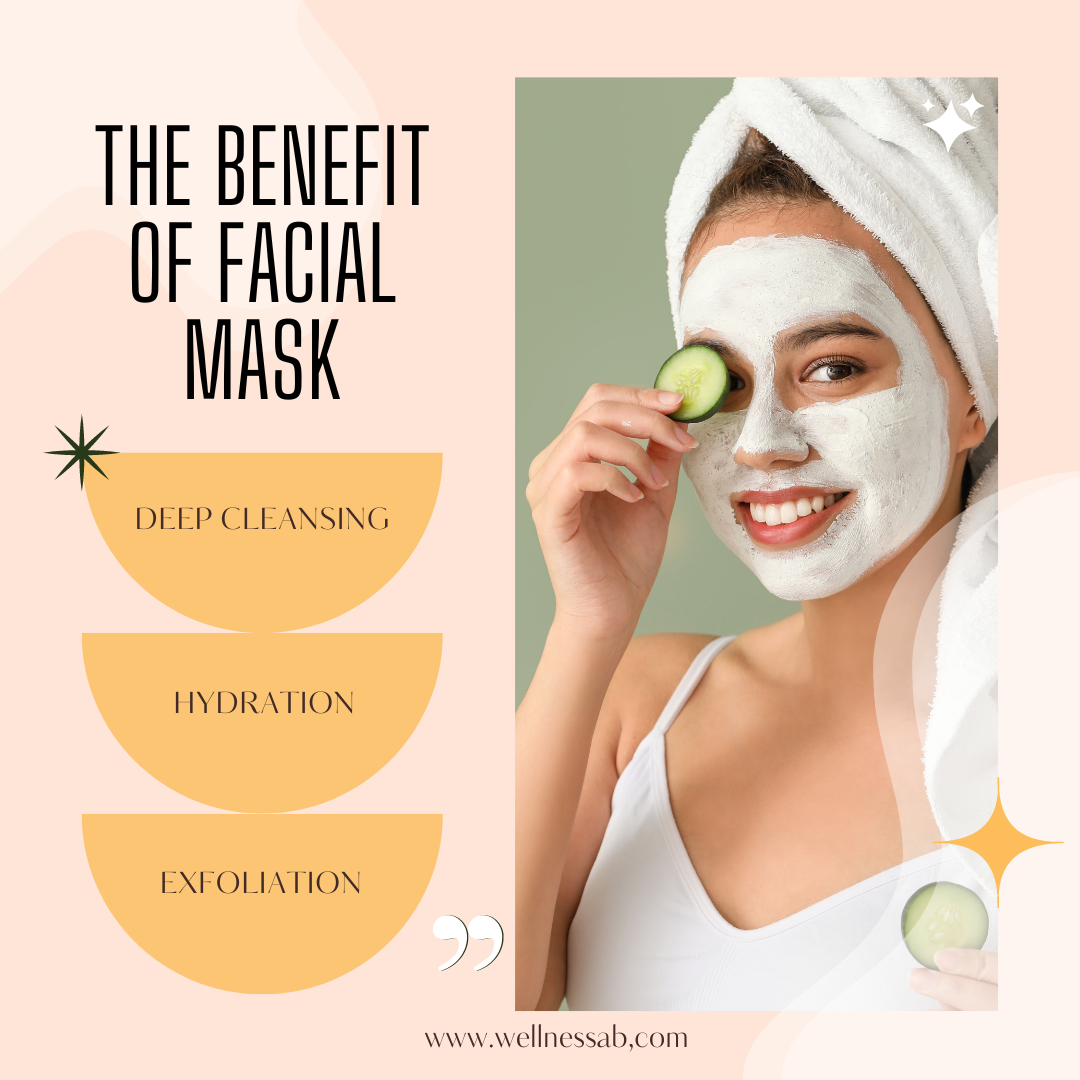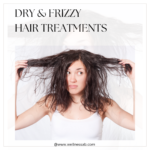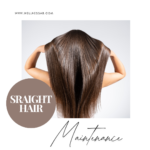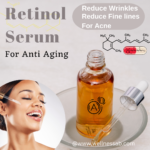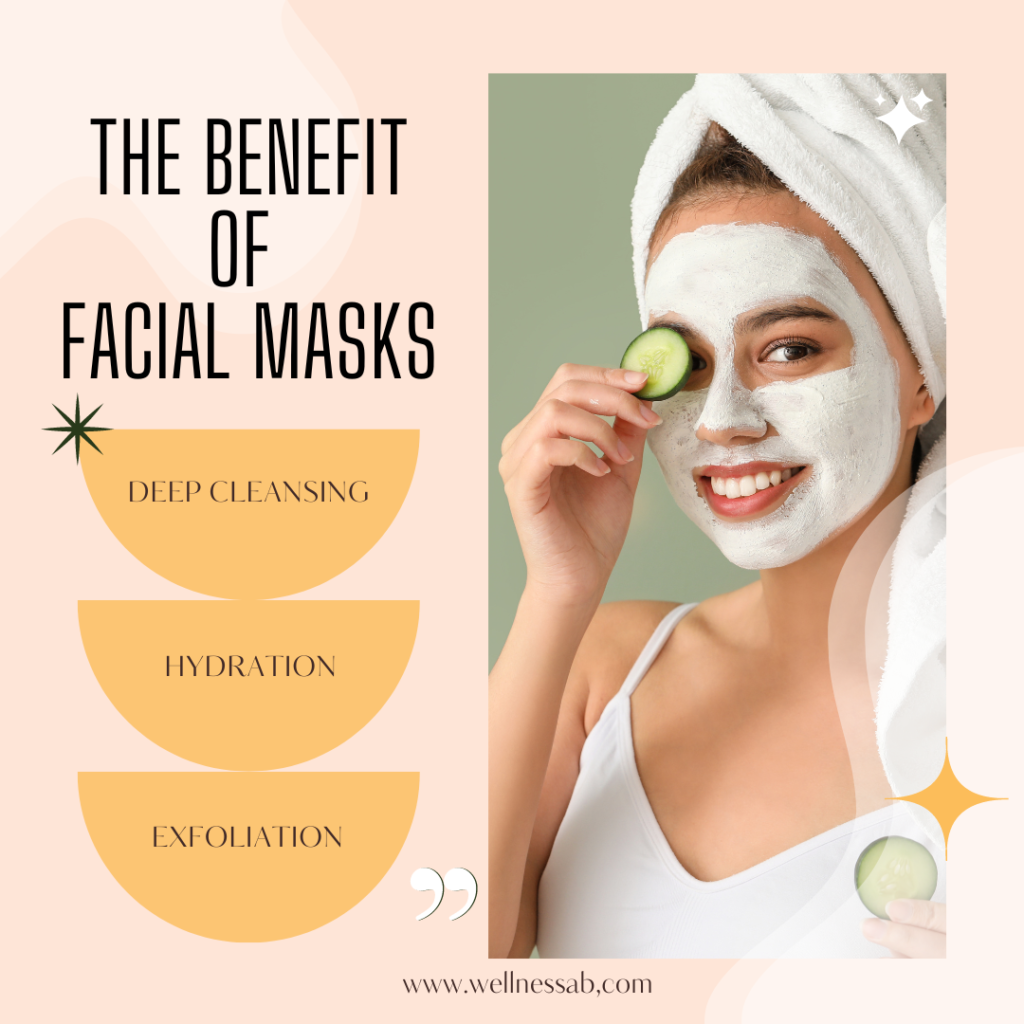
Table of Contents
Introduction to Facial Masks
Facial masks are an essential component of many skincare routines, offering targeted treatment for various skin concerns. They can provide deep cleansing, intense hydration, exfoliation, and other benefits, making them a versatile addition to any regimen.
Historical Context
Facial masks have a long history, with origins tracing back to ancient civilizations. Cleopatra, for example, was known for using masks made of clay to maintain her complexion. Over the centuries, facial masks have evolved significantly, with modern formulations offering a wide range of benefits tailored to different skin types and concerns.
Relevance Today
In today’s beauty industry, facial masks are more popular than ever. They offer a convenient and effective way to address specific skin issues, from dryness to acne, and are often preferred over other treatments due to their ease of use and immediate results.
HERE ARE SOME COMMON SKIN CARE MYTHS DEBUNKED
Types of Facial Masks
Sheet Masks
Sheet masks are pre-cut pieces of fabric soaked in a nutrient-rich solution. They are designed to fit the contours of your face, allowing the ingredients to penetrate deeply. Common ingredients include hyaluronic acid for hydration and antioxidants for skin protection.
Clay Masks
Clay masks are made from various types of clay, such as bentonite, kaolin, and French green clay. These masks are excellent for oily and acne-prone skin, as they absorb excess oil and draw out impurities.
Peel-Off Masks
Peel-off masks work by creating a thin layer on the skin that can be peeled away, removing dead skin cells and impurities in the process. Ingredients like charcoal and glycolic acid are commonly used to enhance their exfoliating effects.
Hydrating Masks
Hydrating masks are specifically formulated to provide intense moisture to the skin. They often contain ingredients like aloe vera, glycerin, and natural oils to replenish and lock in moisture, making them ideal for dry and sensitive skin.
Exfoliating Masks
Exfoliating masks help remove dead skin cells, promoting skin renewal and a brighter complexion. They typically contain ingredients like alpha-hydroxy acids (AHAs) and beta-hydroxy acids (BHAs), which chemically exfoliate the skin.
Sleeping Masks
Sleeping masks are designed to be worn overnight, delivering continuous hydration and nutrients while you sleep. These masks usually contain ingredients like niacinamide and peptides, which help repair and rejuvenate the skin.
Benefits of Facial Masks
Deep Cleansing
Facial masks offer deep cleansing by removing impurities and toxins from the skin. This helps unclog pores and prevent acne, leading to a clearer complexion.
Hydration
Hydrating masks provide essential moisture to the skin, improving its texture and elasticity. Regular use can help maintain a plump and youthful appearance.
Exfoliation
Exfoliating masks remove dead skin cells, promoting skin renewal and a smoother texture. This process also helps other skincare products penetrate more effectively.
Brightening
Brightening masks can improve skin tone and reduce the appearance of dark spots. Ingredients like vitamin C and licorice extract are known for their brightening properties.
Anti-Aging
Anti-aging masks help reduce fine lines and wrinkles by firming and tightening the skin. Ingredients like retinol and collagen are commonly used for their anti-aging benefits.
Relaxation and Stress Relief
Using facial masks can provide relaxation and stress relief. Many masks incorporate aromatherapy with soothing scents like lavender and chamomile, enhancing the overall experience.
Acne Treatment
Masks designed for acne treatment can reduce blemishes and inflammation. Ingredients like salicylic acid and tea tree oil have potent anti-acne properties.
Enhanced Product Absorption
Facial masks prepare the skin for other products by improving absorption. This makes your overall skincare routine more effective.
Customization for Skin Concerns
Facial masks can be tailored to address specific skin concerns, and multi-masking allows you to apply different masks to various areas of the face for targeted treatment.
Cost-Effective Treatment
Compared to spa treatments, facial masks offer a cost-effective alternative for achieving similar results at home. They are an affordable way to maintain healthy skin.
Usage and Application
Frequency of Use
The frequency of using facial masks depends on your skin type and the type of mask. Generally, it’s recommended to use a mask 1-2 times a week to avoid overuse and potential irritation.
Proper Application Techniques
For effective mask application, start with a clean face and follow the instructions on the product. Avoid applying masks too close to the eyes and mouth to prevent irritation.
Pre-Mask Preparation
Proper pre-mask preparation includes cleansing and exfoliating the skin. Using a toner before applying the mask can also help improve absorption.
Post-Mask Skincare
After removing the mask, follow up with a moisturizer to lock in the benefits. This helps maintain hydration and prolong the effects of the mask.
Personal Stories and Case Studies
Success Stories
Many individuals have experienced significant improvements in their skin through regular use of facial masks. Testimonials often highlight clearer, brighter, and more hydrated skin.
Expert Insights
Dermatologists and skincare professionals frequently recommend incorporating masks into skincare routines. Their insights emphasize the importance of choosing masks suited to individual skin types and concerns.
Conclusion
Summary of Key Points
Benefits of facial masks ranges from deep cleansing and hydration to anti-aging and relaxation. Incorporating them into your skincare routine can lead to noticeable improvements in skin health and appearance.

